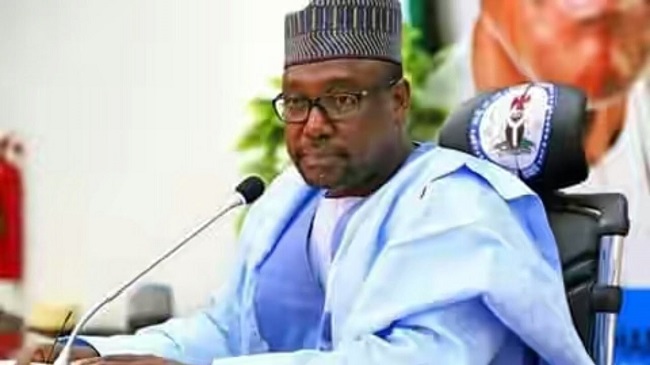The Niger State Government has said that it is collaborating with a Ghanaian firm, Zoom Life recycling company, to establish three refuse recycling plants in the state.

Malam Habib Abdulmalik, General Manager, Niger State Environmental Protection Agency (NISEPA), told newsmen in Minna, the state capital, on Tuesday, June 1, 2021 that the partnership was in order to ensure clean and safe environment.
Abdulmalik said that the measure would ensure clean environment and safeguard public health.
“Early 2020, his Excellency, Alhaji Abubakar Bello, the state governor, led us to Accra in Ghana to see how Zoom Life recycling company operates.
“While in Ghana we started discussion with the company to see how we can establish refuse recycling plants in Minna and two other urban areas of the state.
“We are still in contact with the firm; if not for the COVID-19 pandemic, Zoom Life would have completed feasibility study on the project by now,” he said.
He said that the project would involve the state government, private sector and the Ghanaian firm.
The Commissioner said that the plants would stop indiscriminate dumping of refuse in places and burning of plastics which resulted in environmental hazards.
He explained that when the plants begin operation a lot of youths would be employed thereby tackling the problem of unemployment.
Abdulmalik, however, said that inadequate funding and inadequate trucks to evacuate refuse were some of the challenges facing the NISEPA.
“We started de-silting the drainage systems in the urban areas to avoid flooding since April this year.
“Although we have paucity of funds, we have started clearing the gutters in order to avoid flooding,” he said.
He said that every month some funds were earmarked for the purpose and judiciously utilised.
The Commissioner said that before mid June 2021 the major refuse dumping sites in Minna would be cleared to avoid the outbreak of diseases.
Abdulmalik urged cooperate bodies and individuals in the state to always pay their taxes and levies to enable the government to serve them better.
By Obinna Unaeze
